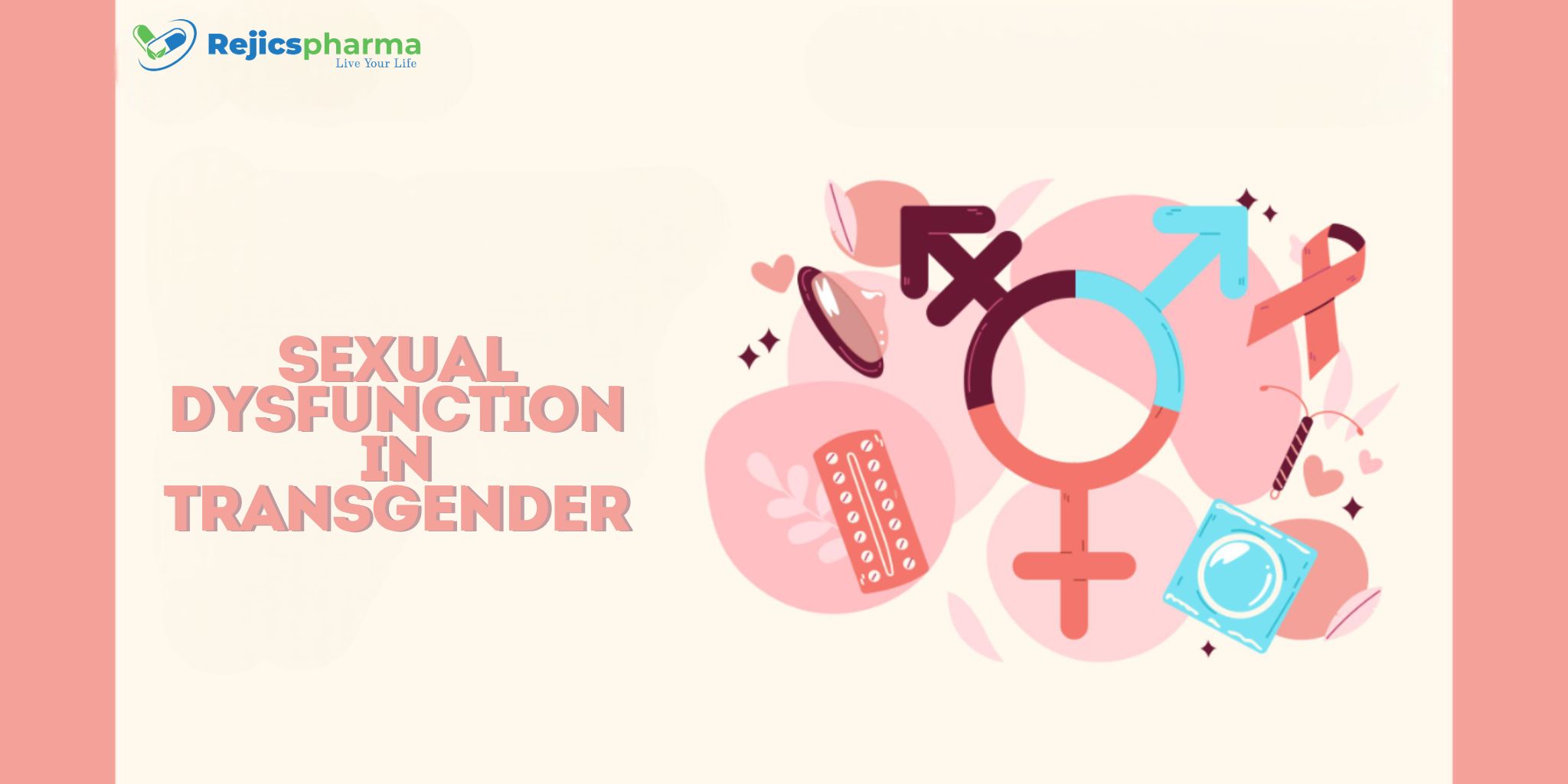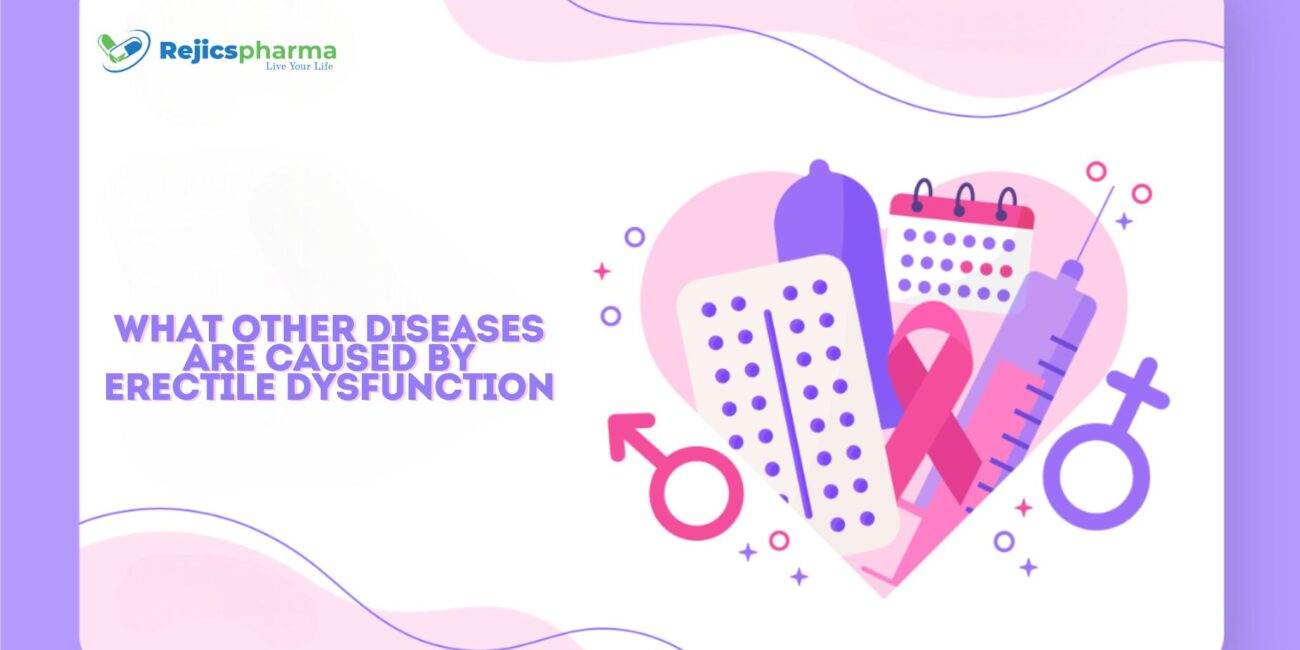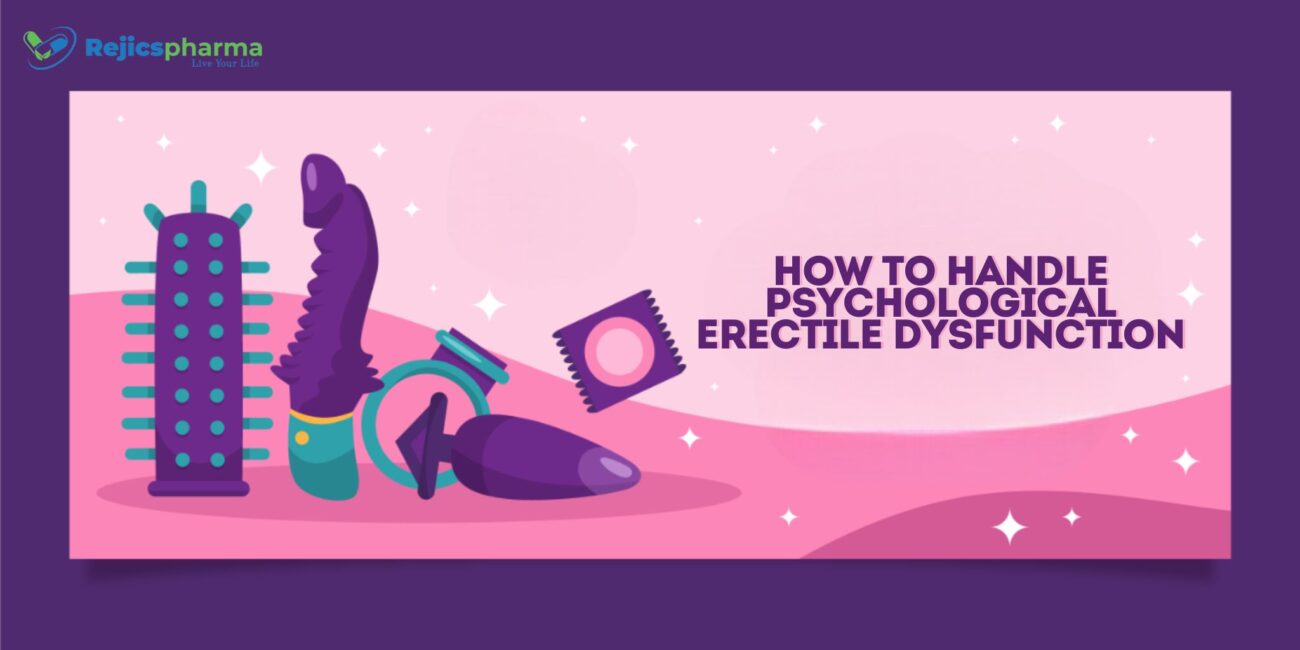What is sexual dysfunction in transgender?
Sexual dysfunction in trans-gendered people is a multifaceted phenomenon which comprises various aspects of sexual life. This dysfunction could be a result of the other physical, hormonal and psychological implications of gender dysphoria as well as the transition process. Some medical treatments like Hormone Replacement Therapy (HRT) has effects on sexual desire and function; and for instance, trans women taking estrogen have reduced sexual desire and erectile issues; On the other hand, trans men on testosterone may experience changes in libido and vaginal dryness.

This is also caused by certain surgeries that a person may undergo including the gender affirmation surgeries. Some of the side effects include alteration in sensation of the genital area, prospects of scarring, and difficulties in achieving an orgasm. This review shows that the psychological factors such as anxiety, depression, and body image issues are the main causes of sexual dysfunction in the transgender people.
Such factors can be effectively tackled with the help of supportive health care, which includes counseling and therapy. Therewith, the representatives of the sexual health sector can assist the transgender persons to avoid these difficulties, enhancing thus their sexual lives. This paper thus reveals that treatment of sexual dysfunction in transgender people cannot be fully achieved by medical intervention alone.
Hormonal Effects in transgender people
Transgender persons may have to undergo hormone treatment to address the physical attributes regarding their gender. Transgender women who had Male at birth take estrogen which leads to the growth of breast, redistribution of fatty tissues in the body, decrease in muscle mass and body hair as well as softening of the skin. It also lowers the libido and may cause impotence in men and women. On the other hand, when the patient is a transfemale (previously male), treatment with testosterone leads to voice depression, muscle growth and body hair, and the redistribution of body fat to give a more male like appearance. Testosterone also increases the count of red blood cells and also the size of the clitoris.
Each of the two hormone regimens has its side effects such as increased risks of cardiovascular disease as well as mood swings which is why the healthcare providers should closely monitor the patients. The changes that occur on the body due to hormone therapy are slow and may differ with the body genetic makeup, age, amount of hormone administered and the period of administration. These physical effects are usually accompanied by psychological ones, which promote adherence to one’s gender identity and improve the quality of life in many trans people.
Prevalence of Sexual Dysfunctions in Transgender people
Sexual dysfunctions in the transgender population are quite diverse because of different experiences and medical processes. The literature review reveals high prevalence rates; however, specific numbers are variable. Some difficulties are described, including the effects of hormone therapy on sexual dysfunctions, surgical risks of procedures, and psychological aspects.
The area of erectile function may be problematic among post-transgender women after they undergo hormone therapy affecting sexual satisfaction. On the other hand, the use of Testosterone Therapy might pose complications on lubrication and vaginal atrophy for the transgender men. The following are some of the factors that lead to dysfunctions such as erectile dysfunction or dyspareunia.
Psychosocial factors also have a bearing on the situation. Gender dysphoria, mental disorder, and prejudice at the society level can worsen sexual dysfunction. Availability of the health care services and counseling services that are supportive is crucial in dealing with such issues. However, many a times, trans people are able to enjoy satisfying sexual experiences after transition, which stress on the need for comprehensive care.
education of the public and healthcare providers is essential for enhancing the sexual health of transgender persons. Further study of specific interventions and management approaches will increase knowledge and management of sexual dysfunctions in transgender persons, thus improving the healthcare delivery system.
Supporting sexuality and improving sexual function in transgender persons
Sexual health and function are essential components of the quality of life, including for trans people. Improving sexual functioning and promoting sexuality in this case entails the consideration of several factors.
First of all, it is crucial to identify gender because the acceptance of one’s gender is highly important for the well-being and comfort during the sexual activities. This affirmation entails recognizing and embracing people’s chosen names and pronouns, and offering comprehensive and culturally competent sexual health care.
Secondly, it is crucial to ensure that people have access to all the necessary health care services suitable for the trans population. This entails hormone therapy management which has an effect on the sexual interest and function. It is important that there are professionals who are knowledgeable and sensitive enough to attend to patients’ worries and prescribe suitable solutions.
Also, education and awareness are critical. Educating healthcare professionals and the society about the sexual orientation of the transgender population can prevent prejudice and enhance people’s sensitivity to provide supportive environments. This entails the promotion of safe sex, sexual pleasure, and other aspects concerning the individual that is trans.
Thus, the enhancement of sexuality and sexual well-being in trans people should involve understanding the person’s gender identity, offering specialized health care services, and creating an understanding environment. Thus, selecting these aspects, men and women can reach an optimal level of sexual health that corresponds to their gender and improves the quality of life.
Testosterone use and sexual function among transgender people
It has been established that testosterone therapy is a vital component in the transition process of the trans persons of female assignment who desire to be masculine. Other than these physical changes that include growth of facial hair and deepening of the voice, testosterone also has an impact on the sexual function. Most men who are transsexual indicate that they have a much enhanced sexual desire and sexual arousal once they begin testosterone treatment. This increase is most of the times attributed to increase in libido as a result of increase in testosterone levels in both cisgender and transgender men.
Nevertheless, the impact on sexual function might be quite diverse and may depend on the individual patient. Some will undergo alterations in genital feelings/touch or sexual desire patterns that are more in keeping with their gender identity. These changes can be liberating and can have a positive effect on self-identity and therefore on the wellbeing of the person.
It is pertinent to mention here that the psychosexual and emotional well-being of the patient is also affected by testosterone replacement therapy. This makes many people to feel that they are in harmony with their gender and this brings about comfort and confidence in the sexual relations. However, every coin has two sides and the same goes for every medical treatment; there are some side effects and risks that may occur and should be discussed with healthcare practitioners.
In summary, testosterone therapy is an essential component of gender affirmation in transmen and includes not only the physical transformation but also the sexual function and quality of life. Everyone’s situation is different, emphasizing the need for well-advised, patient-centered care for members of the transgender population.
How to cure sexual Dysfunctions in transgender people
Sexual dysfunctions are not uncommon in trans people and are often intertwined, which means that everyone’s case might be different and may need a tailored approach. The first and rather important one is the recognition of the fact that everyone is different and has his or her own experiences and requirements.
First of all, it is important to establish the conditions of non-stigmatizing and non-punitive context that would allow discussing the problems. This covers the physical, psychological and social aspects of the patient that may be implicated in sexual dysfunctions.
Medical procedures that are used in treatment include hormone therapy for dysfunctions concerning hormone imbalances. Transgender women (male at birth) can benefit from estrogen therapy in terms of libido and erectile function for sex; Transgender men (female at birth) can use testosterone therapy for enhancing libido and better sexual experience.
It is therefore important also to have some psychological assistance. Some of the patients experience body dysmorphic disorder or psychological distress linked to gender, which may affect their sexual health. Counseling or CBT or sex therapy can assist people in dealing with such concerns and enhancing sexual health.
It is vital to discuss with the healthcare providers to understand the special needs and expectant issues to address appropriately. This may include explaining possibilities of the likes of ED drugs, use of vibrators or even surgery depending on the patient’s wish.
Consistently, the care of the physical, psychological, and social needs of the transgender population with sexual dysfunctions is important. With proper understanding of patient’s self-identity and requirements, it is possible for the health care providers to improve the quality of sexual health.






















